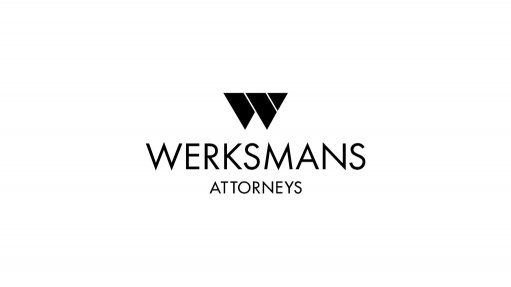
Generative Artificial Intelligence (“GenAI”) is machine-learning based and which is trained using data from a wide range of sources, with GenAI tools being able to create new content, including images, content, software, audio, songs and video when responding to the prompts of users. These prompts are in the form of short, written explanations requiring the tool used to create a specific output. Examples of popular GenAI tools are ChatGPT and CoPilot, but there are many more.
The difficulty which arises from an intellectual property (“IP”) perspective is that the data used in the training process most likely consists of various categories of data sets, including information which is free to use and protected information, or a combination of both. The data which is used is usually in the form of proprietary copyright material which in most territories is not registered but will come into existence if certain requirements are met. For example, in South Africa, copyright will come into existence when two requirements are met, i.e. that the work is in a material form and original. Originality is not in the sense that is unique, but that the author has spent sufficient time, effort and skill in the creation of the work and that it is not copied from other works.
As GenAI is here to stay, there is a need to navigate this new frontier until such time as legislation or other guidelines are put into place.
On 5 April 2024, the Department of Communications and Digital Technologies launched South Africa’s AI Planning Discussion Document (“Discussion Document”), which includes the need for Disclosure Requirements with the proposal that global practices be considered in policy making.
With regard to the Discussion Document, Preeta Bhagattjee, the head of the Werksmans Technology and Innovation team, and Savanna Stephens have written the piece – The AI National Policy: South Africa’s initial step to establish an AI policy and regulatory framework
The Discussion Document lists regulatory concerns notably Copyright Abuse and alignment with the World Intellectual Property Organisation (“WIPO”). WIPO has issued a useful document entitled “Generative AI Navigating Intellectual property” according to which –
Generative AI introduces numerous risks and questions. Businesses and organizations should contemplate implementing suitable policies and providing training to employees regarding the technology’s opportunities and limitations. This proactive approach is crucial in navigating the challenges associated with the use of generative AI.
According to WIPO, GenAI and IP have many touch points and uncertainties and sets out a number of considerations that may be useful to businesses and organisations in this new field including in relation to confidential information, IP infringement, open-source obligations, deepfakes (rights and likeness and voice), IP rights and ownership of AI outputs. The document provides a checklist which may be of use to businesses and organisations which have the use of AI tools and GenAI in its sights, so as to establish responsible practices which includes the following –
- Staff policies and training;
- Risk monitoring and risk profile management;
- Record-keeping;
- AI tool assessment;
- Data assessment;
AI outputs
A key factor from an IP perspective would be the retention of records, so as to be able to prove subsistence of any IP and possibly to defend any IP infringement claims.
An interesting development in the USA, is the presentation of a Bill entitled “Generative AI Copyright Disclosure Act of 2024” (“the US Bill”) to the US Congress during April 2024. If implemented, it would require a person who creates a training dataset or alters a training dataset in a significant manner that is used in the building of a GenAI system, to submit a notice to the US Copyright Register which contains the following –
- a sufficiently detailed summary of any copyrighted works used in respect of created datasets or the alteration of a dataset in a significant manner; and
- the URL for such dataset (if the training dataset is publicly available on the internet)
The US Bill aims to enhance transparency and accountability in the use of copyright materials for training GenAI systems. Unlike in South Africa, copyright can be registered in the USA and the US Bill seeks to establish a publicly available database containing such notices.
If regard is had to the above and while there is a lacuna in respect of guidelines and legislation in relation to the use of AI tools and GenAI, we strongly suggest that AI policies be put into place, also taking IP into consideration. Please reach out to our IP team and Technology and Innovation team members regarding the above.
Written by Janine Hollesen - Head of Intellectual Property and Donvay Wegierski - Director, Werksmans